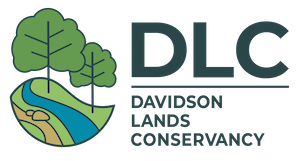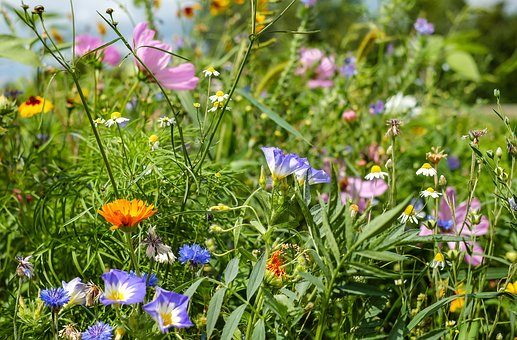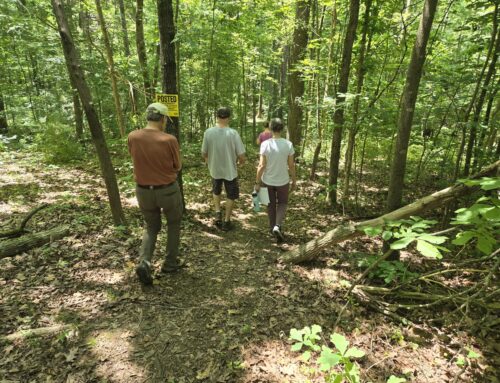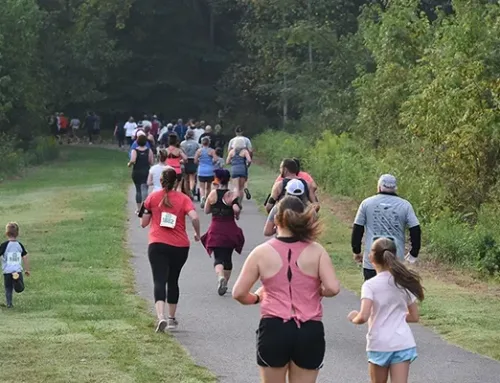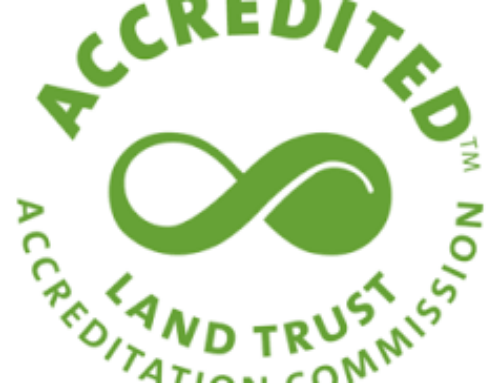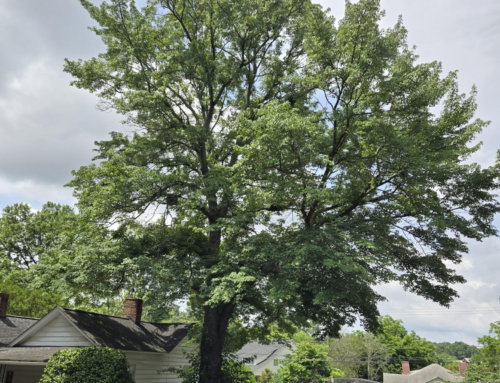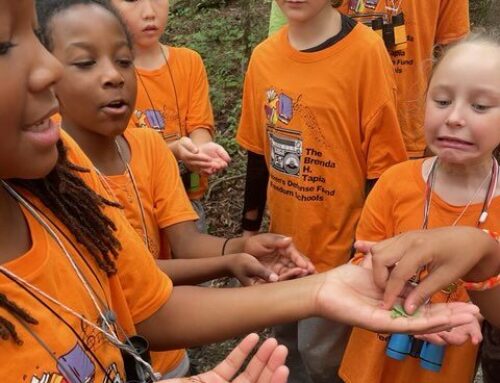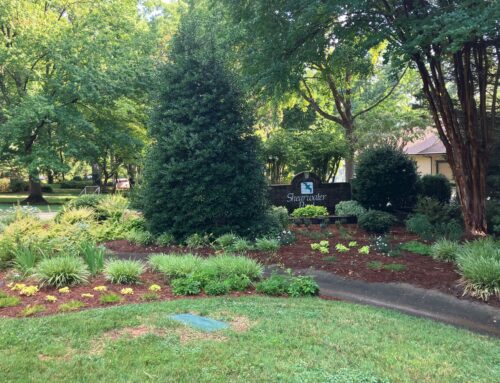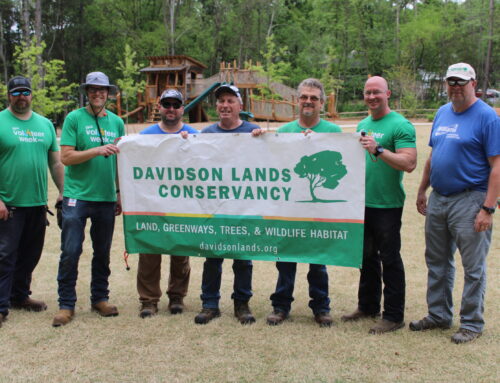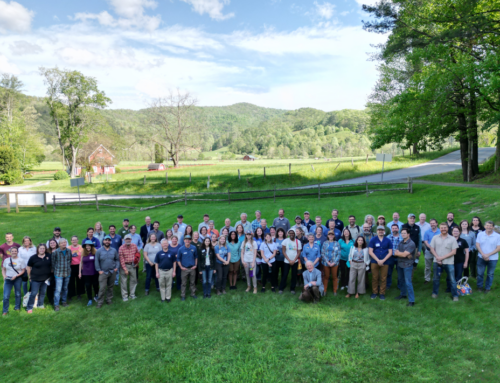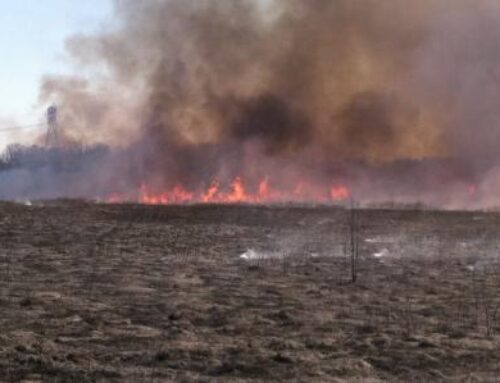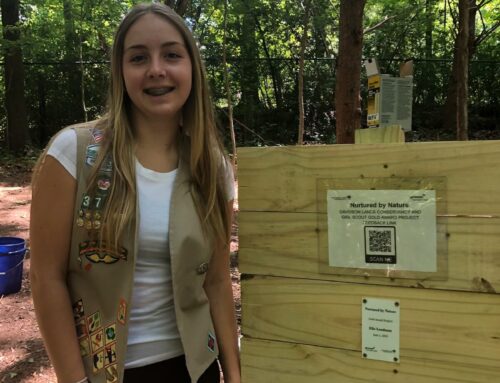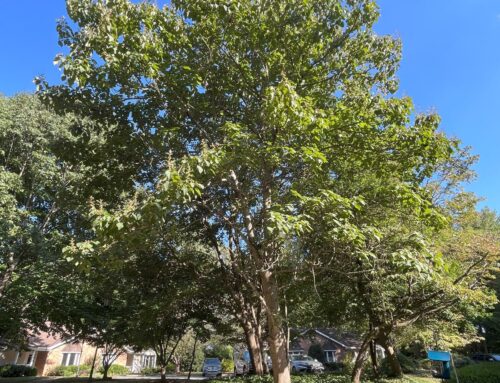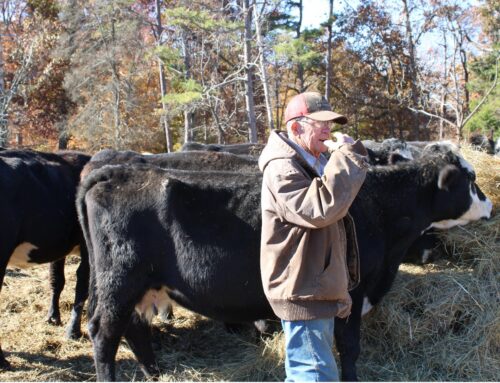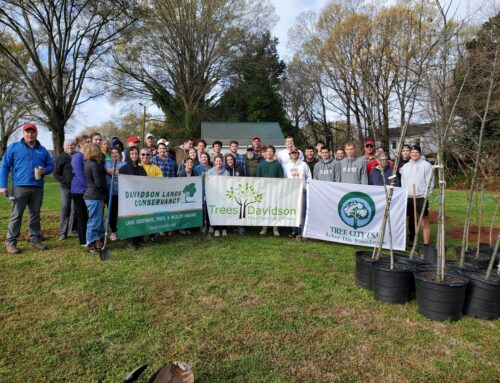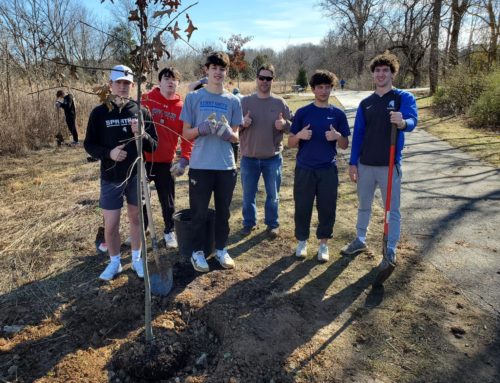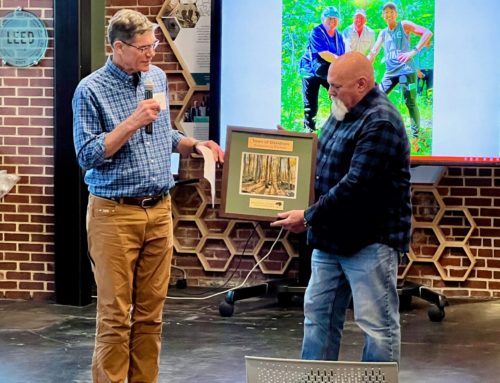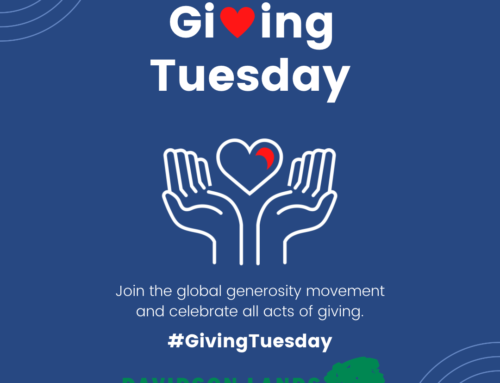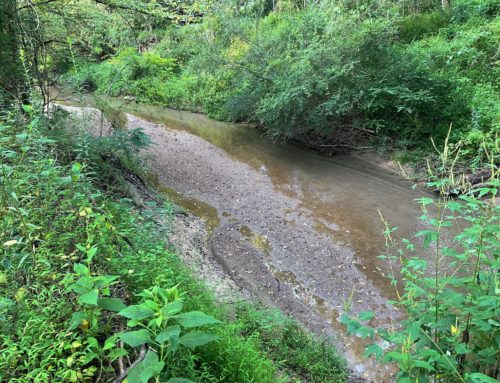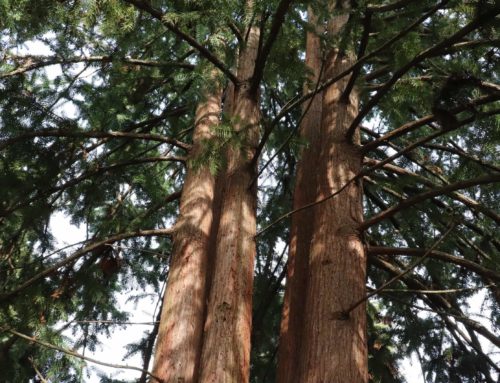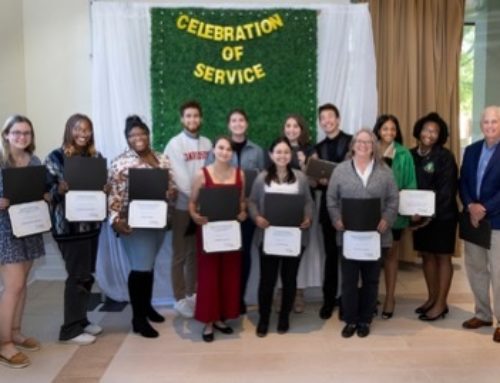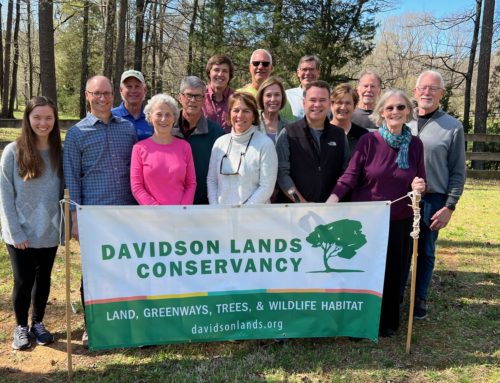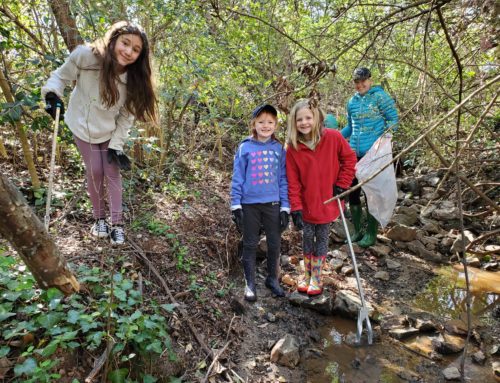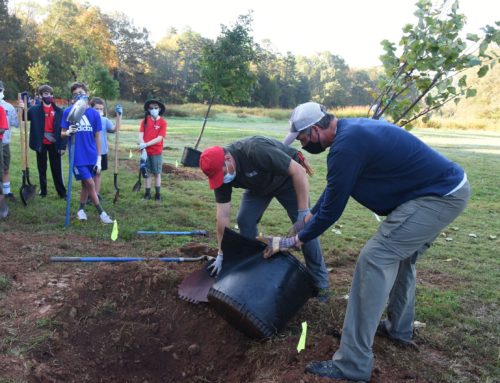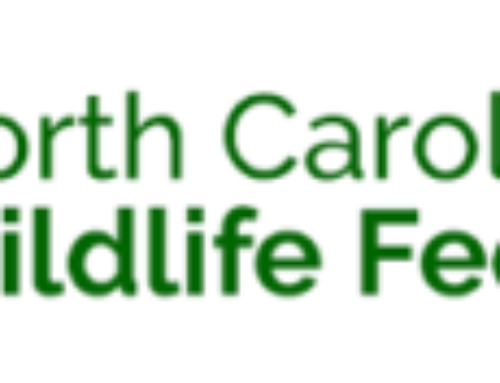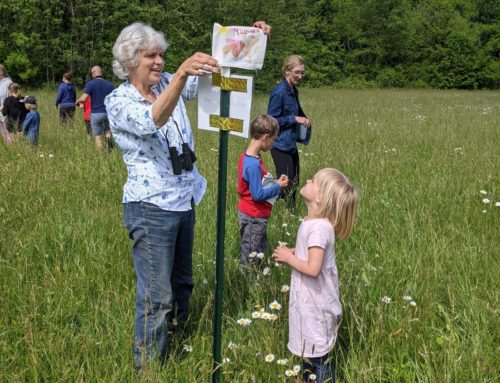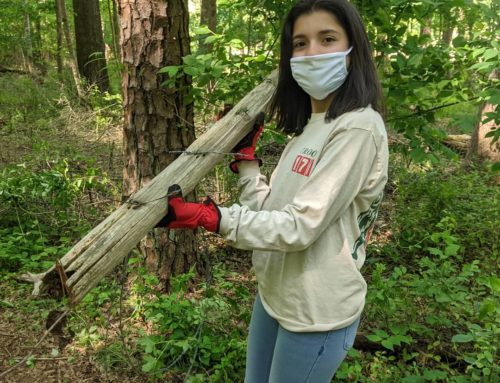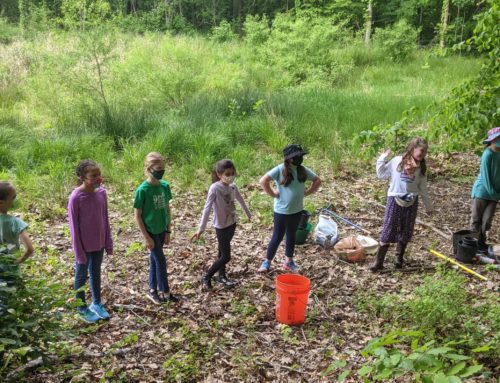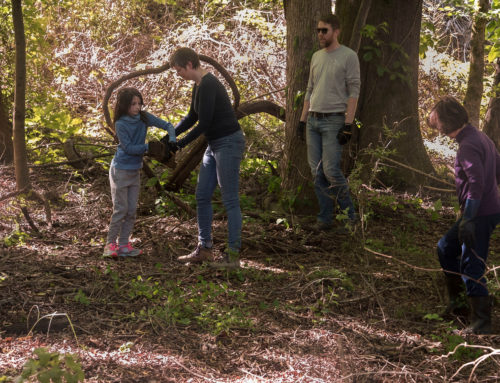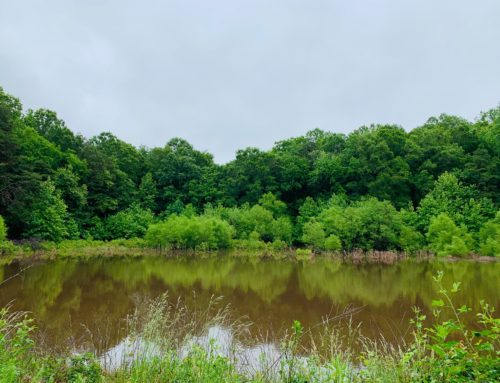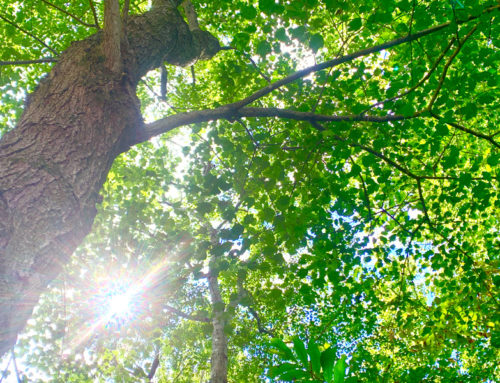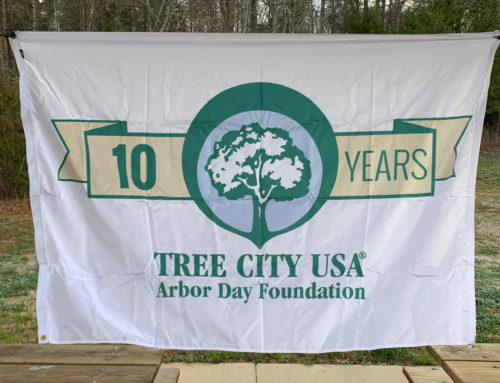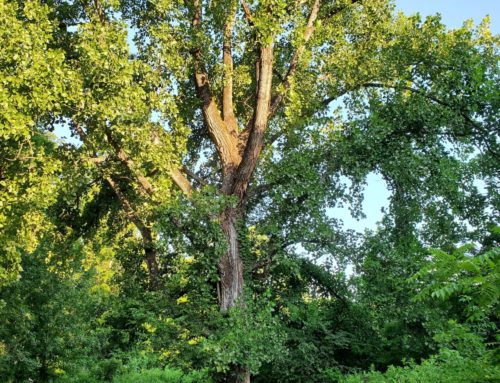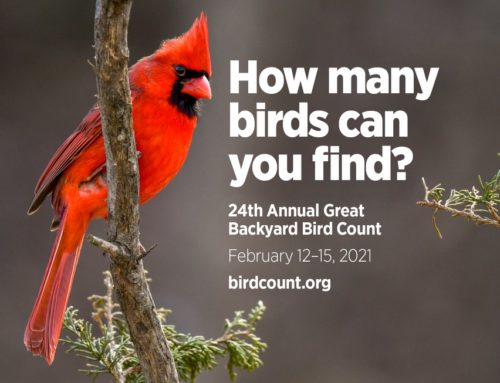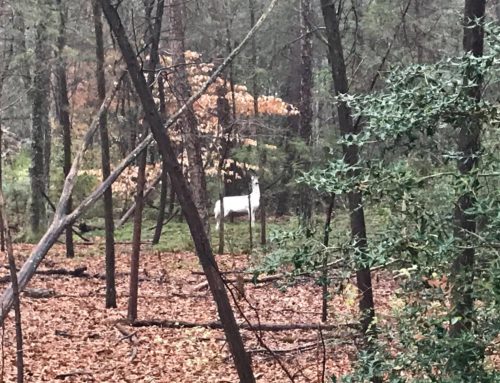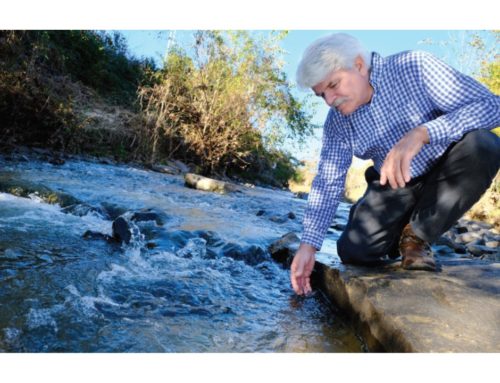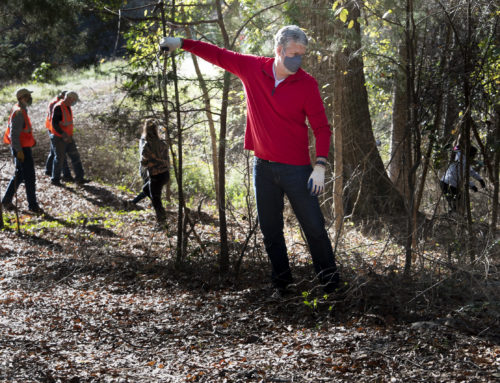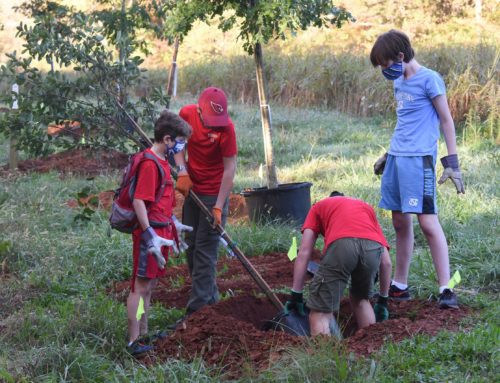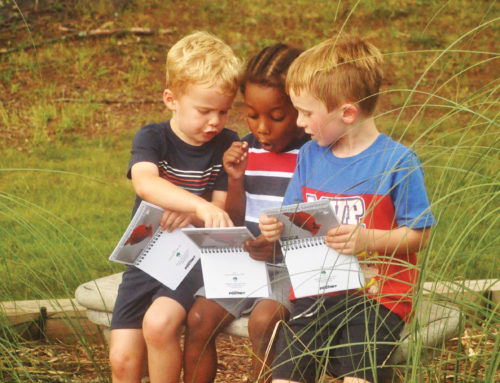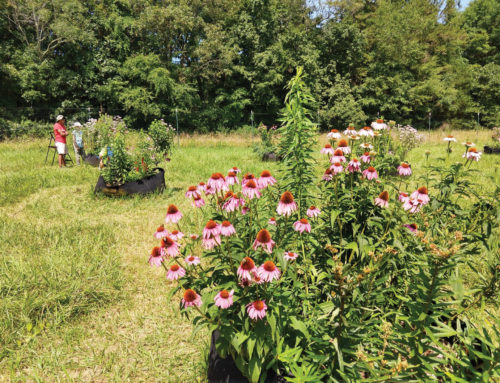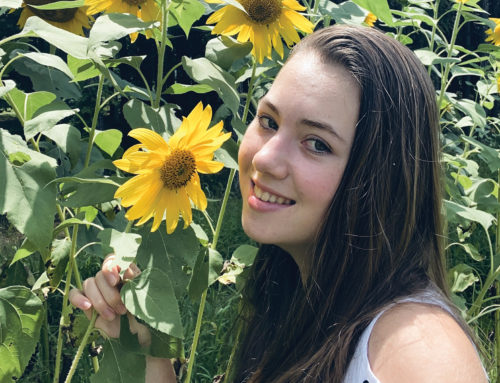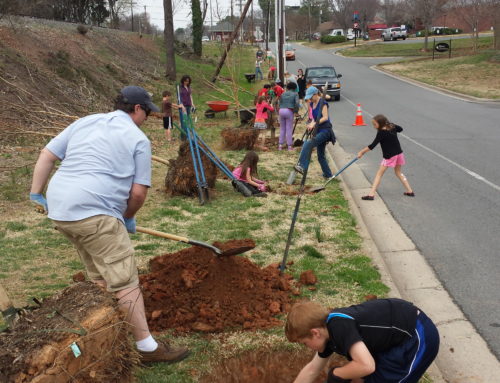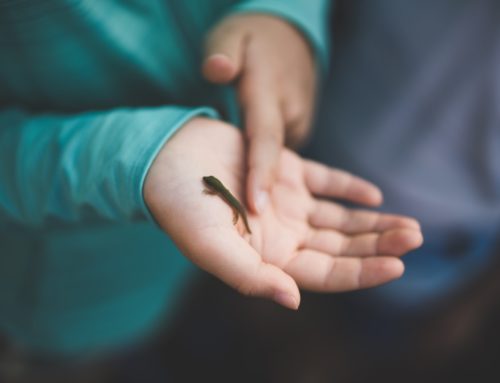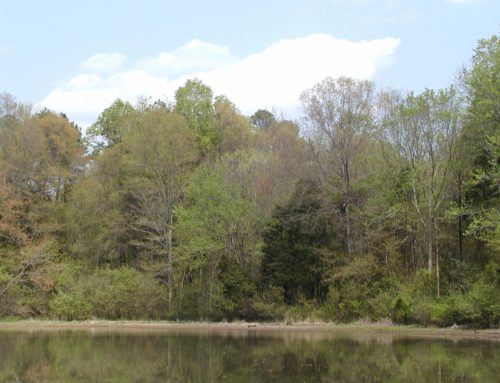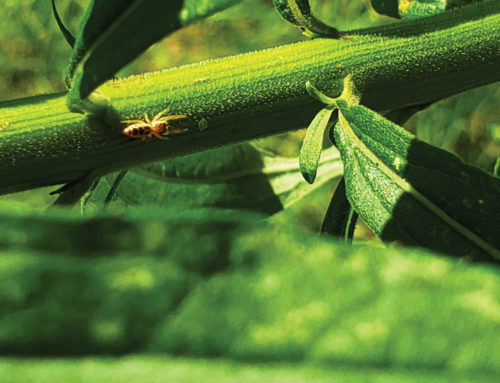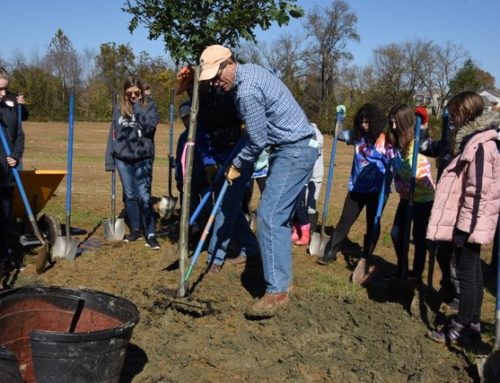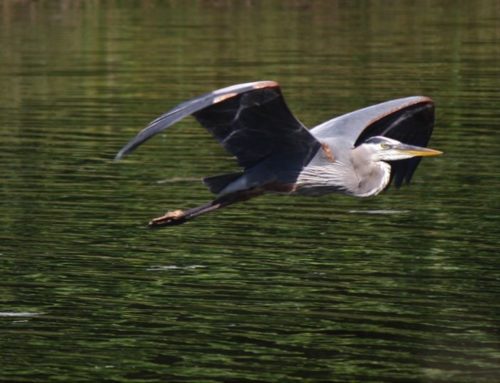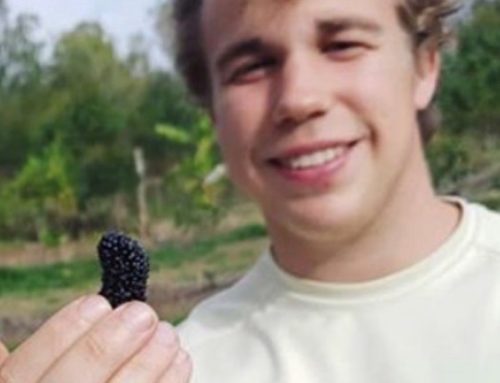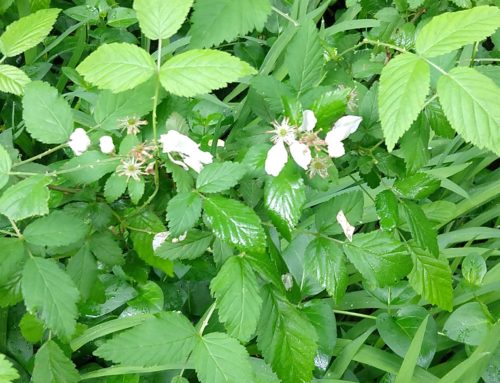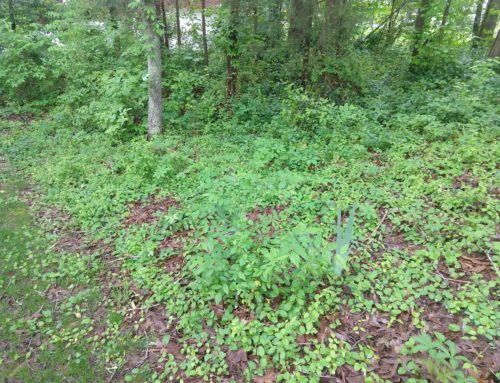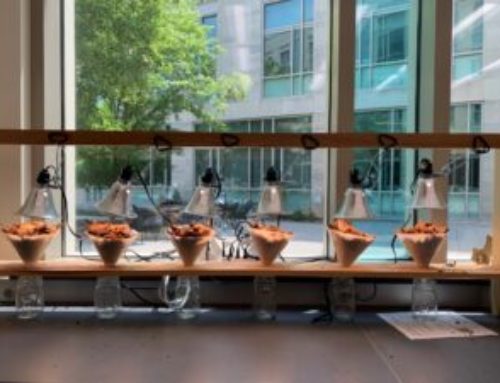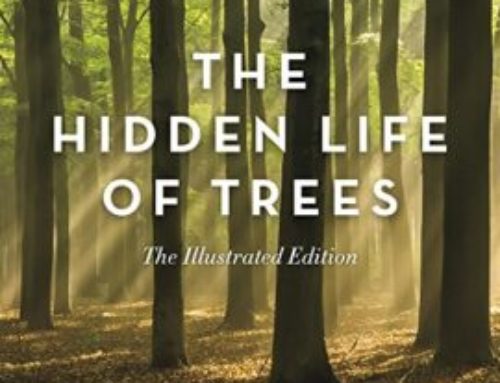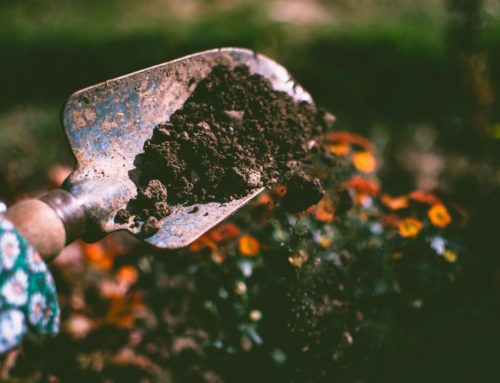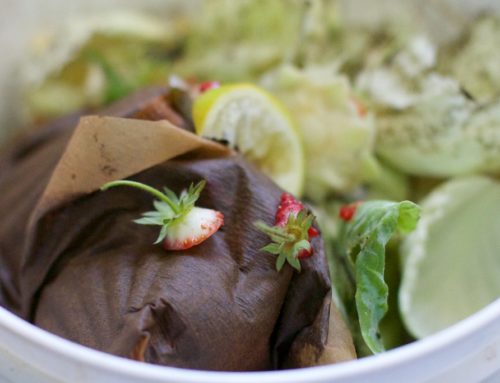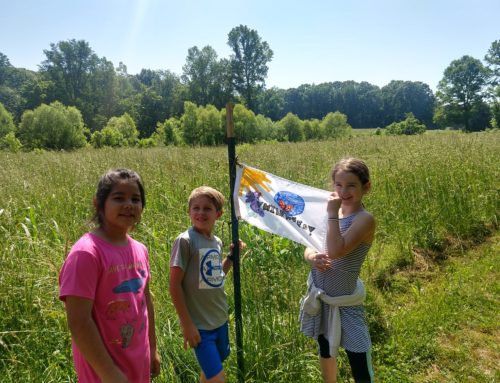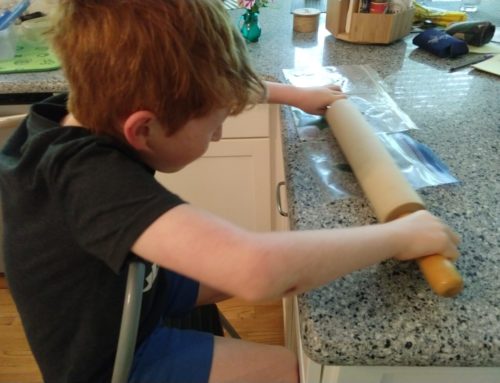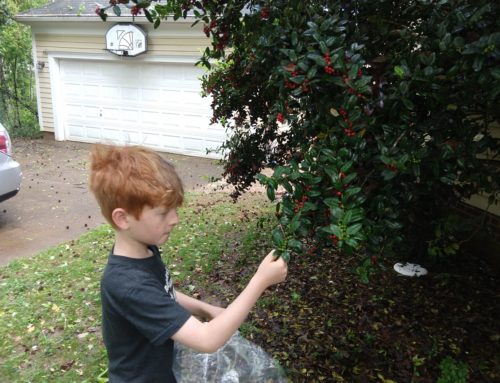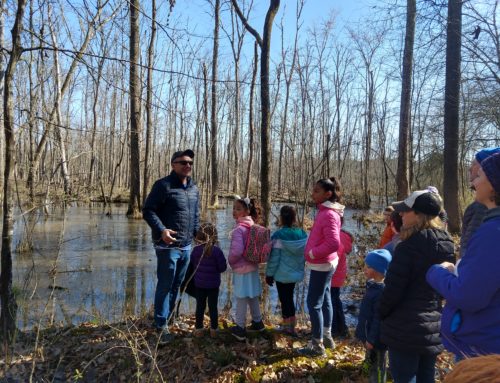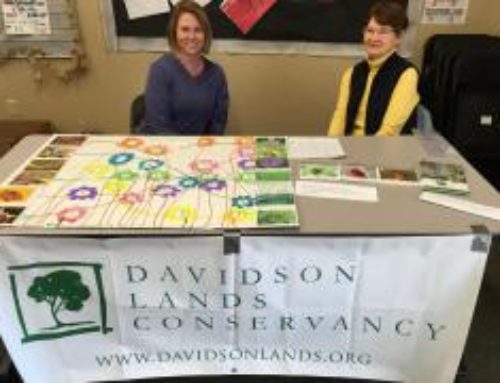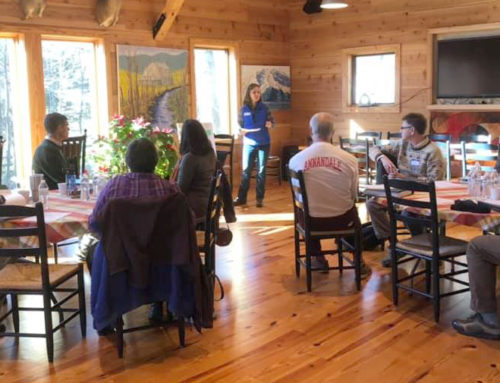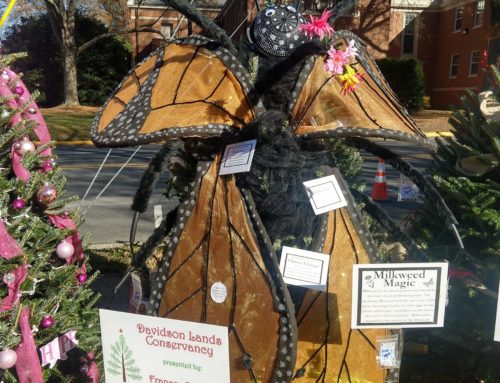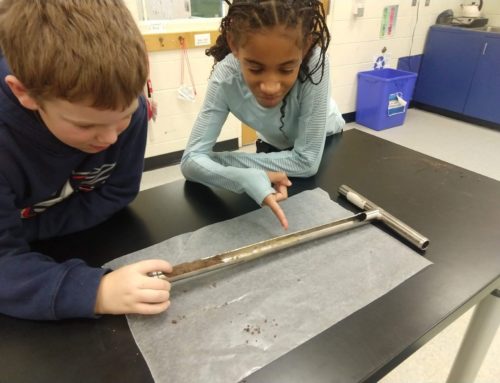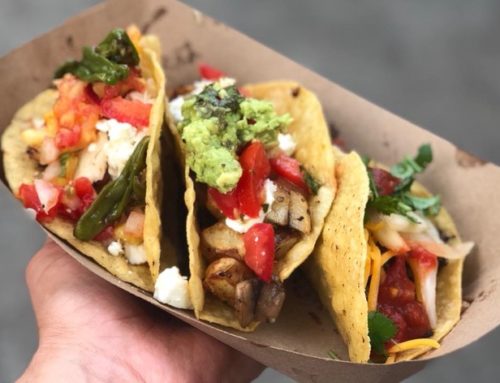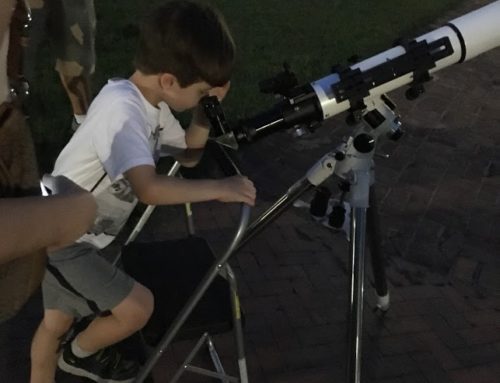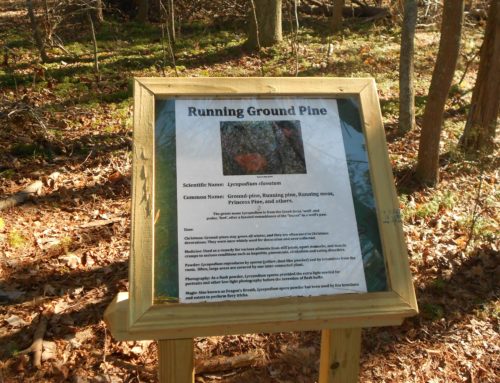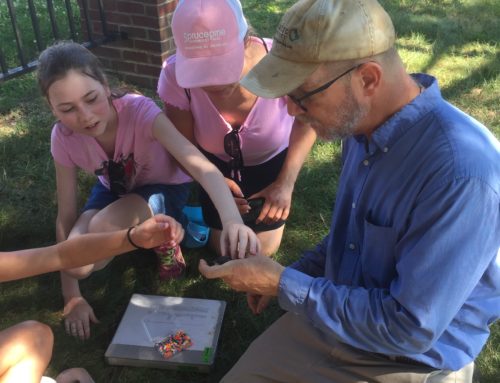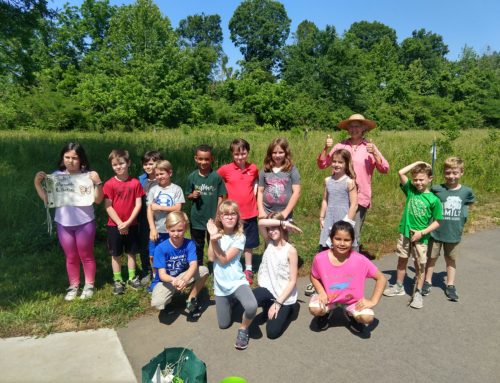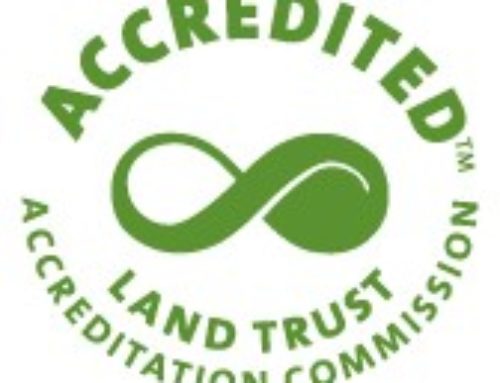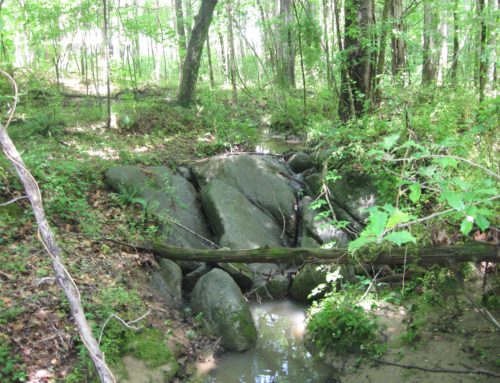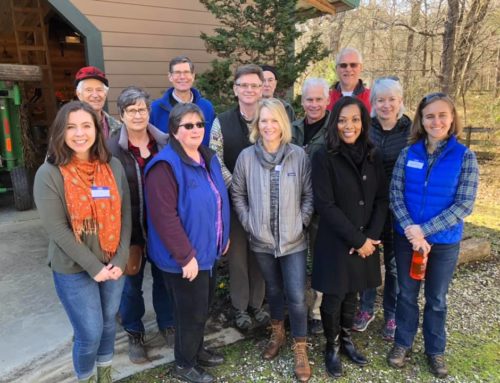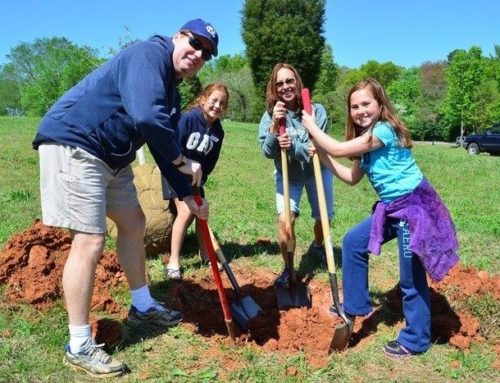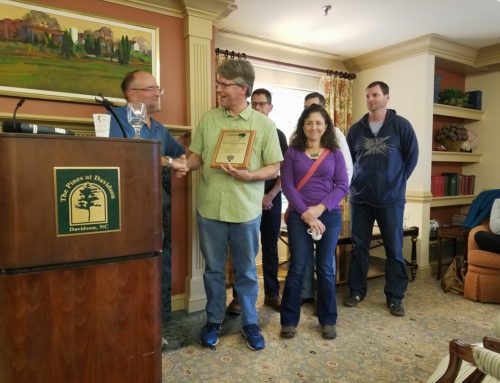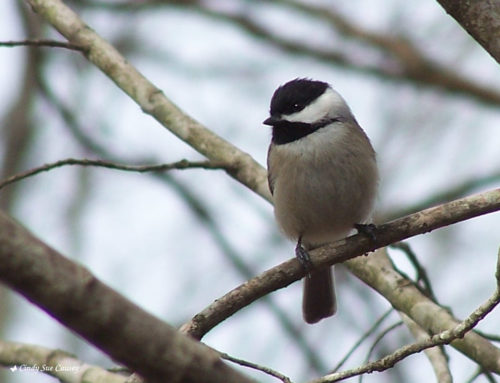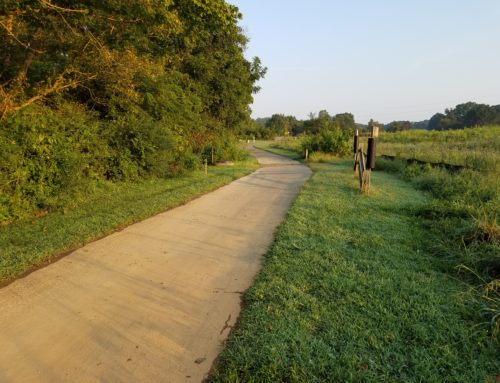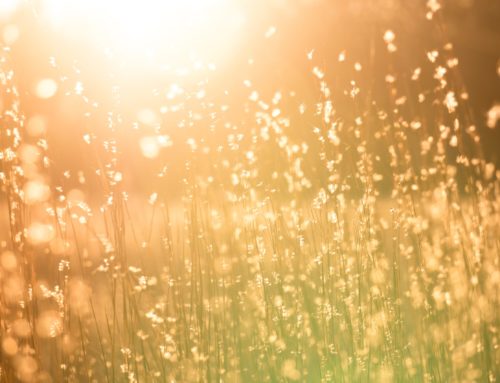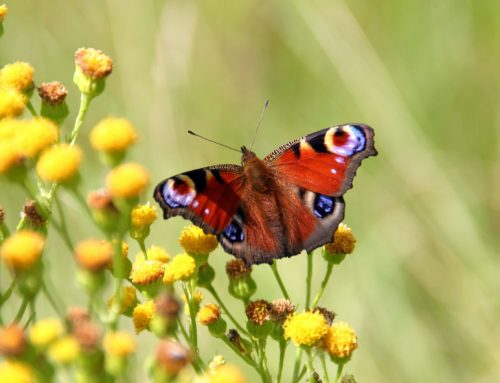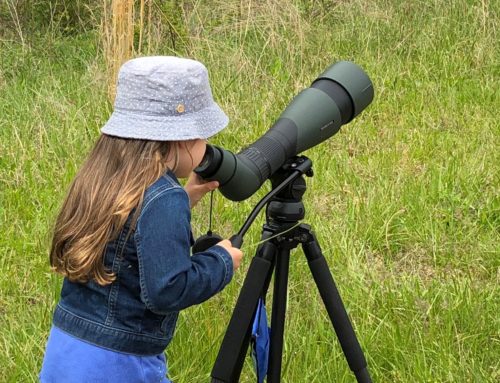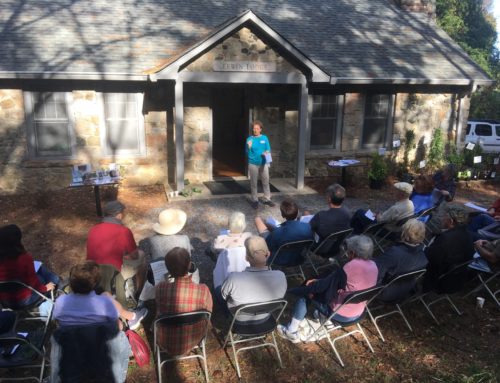During this time of the 50th anniversary of Earth Day and our current stay-at-home order, people are spending many hours puttering in their yards enjoying this gorgeous spring weather. So we wanted to provide a few tips for helping our water, air, and biological diversity just by adjusting the way your interact with your lawn!
Plant native trees and wildflowers! Our pollinators, like bees and butterflies, need our help! Without them, many of our food crops would not get pollinated. Planting native wildflowers, like milkweed and coneflowers, give pollinators the fuel they need. Native tree species support far more wildlife than cultivated ones. Bonus: Native plants require little care because they are adapted to life here in the Piedmont. Click HERE for more info.
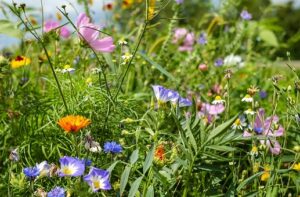
Our pollinators will thank you!
Avoid pesticides, herbicides and fertilizers! These chemicals run-off into local waterways and affect our water quality. They also kill beneficial insects and pollinators, as well as native plants. You can find varieties of grass that are better adapted for our area. Eco-grass requires little to no mowing, has deep roots to help with drought resistance, and does not require fertilizer or pesticide use.
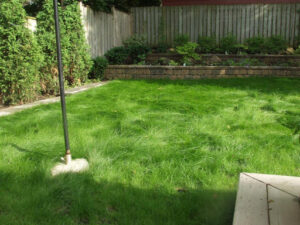
Plant grass that’s well-adapted for your soil and you can avoid most watering and all chemicals
Reduce mowing, leaf-blowing, and edging!
Right now, people may be feeling a bit bored. Instead of mowing your lawn 2x/week, how about doing some work the old school way. Use a broom to sweep away grass clippings instead of a leaf blower, weed with snippers, rather than a whacker. Water your lawn only when truly needed. Your neighbors will thank you, so enjoy the slow pace of life right now and help reduce noise and air pollution!

Kids make great helpers!
Use compost instead of artificial fertilizer!
Composting saves 30% of your waste from ending up in a landfill. Maintain it correctly, and you will have rich, natural fertilizer for your plants and trees. Click HERE for a simple video on how to start composting. (And don’t forget to mulch around trees and plants to help retain water in soil!)
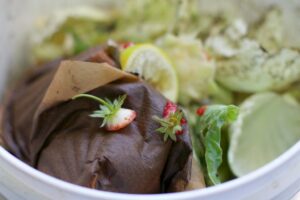
Kitchen compost pail
Remove and Do NOT plant Invasive species! Why are invasive species harmful?
- They spread rapidly and replace plants that have adapted here with NC wildlife
- They provide less quality food for wildlife, including pollinators
- They are resistant to natural diseases and are difficult to eradicate
The No-No list
- Vinca (periwinkle)
- English Ivy
- Wisteria
- Privet
- Bamboo
- Click HERE for a comprehensive list with photos
The plants listed above are just a few of many problematic species in NC. Please consider removing or containing the ones in your yard. Unfortunately, birds do a good job spreading the seeds of these plants into natural areas and many of the vine and ground-cover invasives spread underground through runners. Many plant nurseries still sell these species, so it’s best to check your list before you head out to buy plants.
